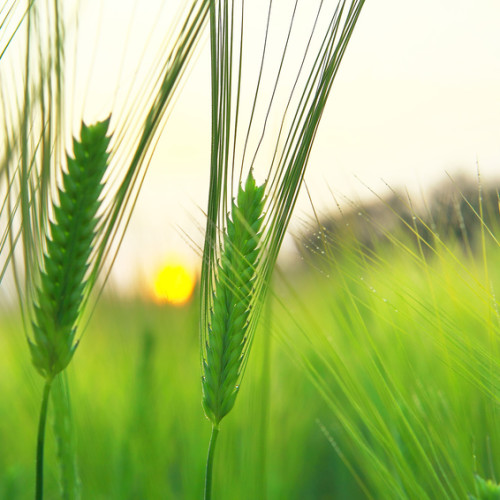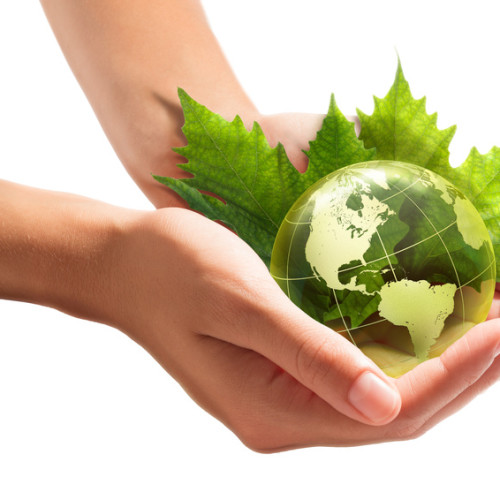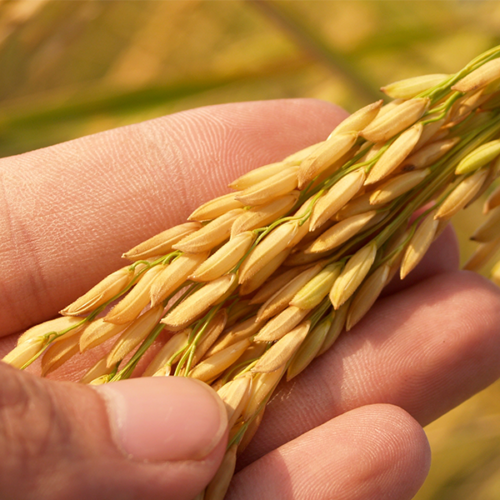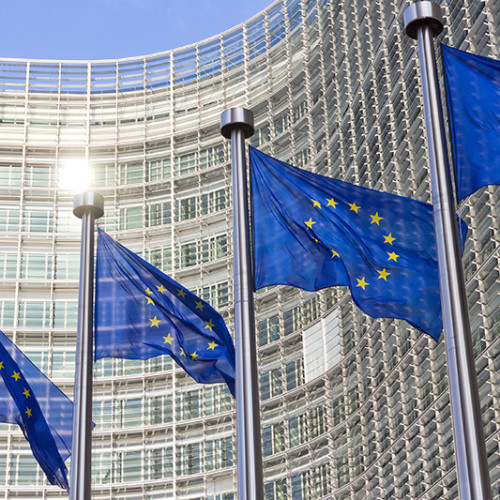
The agriculture and food system accounts for 34% of greenhouse gas (GHG) emissions. France has committed to reducing GHG emissions by 46% by 2025. A joint study by the French Society of Nutrition (SFN) and the Climate Action Network (RAC) carried out by Nicole Darmon showed that a 50% reduction in meat consumption combined with an increase in the consumption of adequate vegetables reduces the carbon impact by 35% while satisfying nutritional recommendations for adults.

Better supervision and control of technology is the Senate’s vigilance recommendation. The Committee on Economic Affairs in the Senate recalled its anthropological, ethical, cultural and, in short, political opposition to the development of “cellular foods”. Promising on paper (environment, animal welfare), this innovation according to the Senate, will in no way be essential in the food transition, and would not be without impact on livestock farming. It then made eighteen recommendations grouped into three areas respectively focused on the authorization process strengthening, the information to consumer and research.

The law on the fight against waste and the circular economy (AGEC) of 2020 lays down provisions which will be phased in over time. We discuss the ones that will have an impact on the agri-food sector in 2023.

The project named Economically-Powered Protein Transition through Innovation in Chains (EPPIC) has for objectives to increase production and consumption of crops high in protein and consequently to accelerate the protein transition in the Netherlands. The EPPIC project catalyses €2.6 billion in economic activity and contributes significantly to reduce greenhouse gas emission in the country.

A new One Health Joint Plan of Action (OH JPA) has been launched by the Food and Agriculture Organization of the United Nations (FAO), the United Nations Environment Program (UNEP), the World Health Organization (WHO) and the World Organization for Animal Health (WOAH). This first Joint Plan on One Health aims to create a framework to integrate systems and capabilities so that we can collectively better prevent, predict, detect and respond to health threats. This initiative aims to improve the health of humans, animals, plants and the environment, while contributing to sustainable development.

On Tuesday, May 31 the NatExpo team organized a webinar-debate on nutrition labeling and environmental labelling schemes. The five speakers were: Florence Roublot (Natexpo), Emmanuel Fournet (NielsenIQ) as moderator, Sabine Bonnot (Institut de l’agriculture et de l’alimentation biologiques – ITAB, Institute of Organic Agriculture and Food), Sybile Chapron (Nature et Aliments), and Vincent Colomb (Agence de la transition écologique – ADEME, Agency of Ecological Transition).

The publication of the advice follows the public consultation to which the draft, endorsed in October 2021, had been submitted.

On January 1, 2022, the new Regulation (EU) 2018/848 of the European Parliament and of the Council of May 30, 2018 on organic production and the labeling of organic products came into force. It repeals the provisions of Regulation (EC) No 834/2007 and its implementing regulations, which remained in force until December 31, 2020.

Monday January 31 was marked by a series of events to advance on the contribution of French agriculture to the carbon neutrality objective of France and the European Union. The agricultural and forestry sector, as an emitter and collector of greenhouse gases, is at the heart of France’s national low-carbon strategy. Goal: achieve carbon neutrality by 2050.